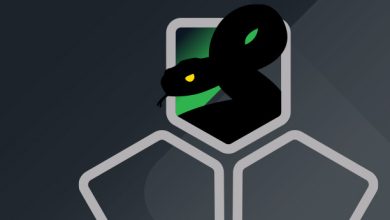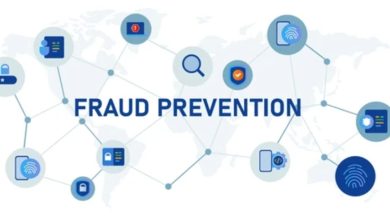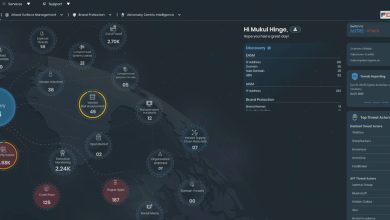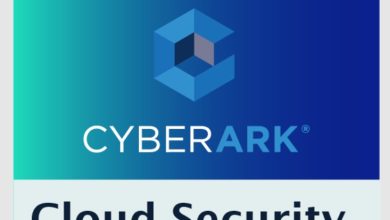Netskope Expands AI-Powered Platform Capabilities, Introduces New Copilot for Optimising Universal ZTNA
Innovations Enabling LLMs to Gain Context from Netskope Environments, Leading to More Insightful Analysis and Automated Workflows
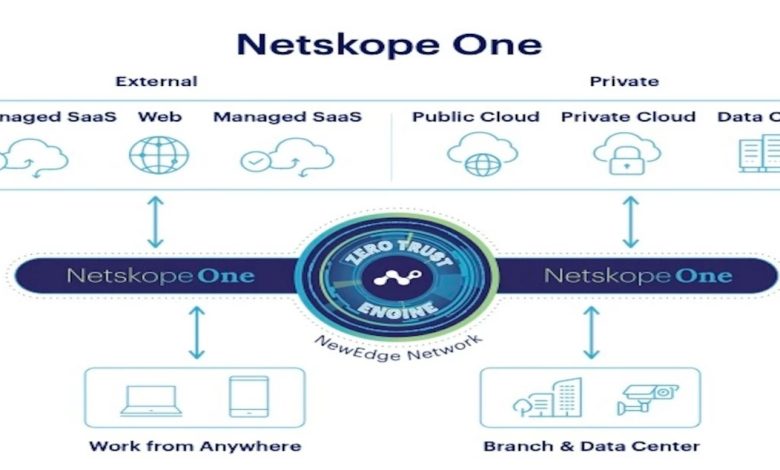
Netskope, a leader in modern security and networking, has announced new Artificial Intelligence (AI)-powered capabilities in the Netskope One platform. They include Netskope One Copilot for Private Access, an AI-powered assistant that optimises universal zero trust network access (UZTNA) deployment and the Netskope Model Context Protocol (MCP) server that uses MCP technology to directly connect large language models (LLM) with Netskope One policy controls.
According to Netskope Threat Labs, shadow AI (unsanctioned AI applications in use by employees) represents the majority of AI use in the enterprise today, driven by the rapid adoption of SaaS AI apps, AI platforms, on-premises AI deployments, and custom AI agents. These trends have created the need for reliable, adaptive security that ensures the safe and productive use of AI tools for business.
The cybersecurity company’s differentiated AI security capabilities not only enable safe user access to AI applications, but also manage the emerging risks introduced by the adoption and building of AI applications, provide a deep understanding of sensitive data being fed into LLMs, and assess risk using AI models to make context-based decisions on application selection and policy setting. The Netskope One platform and its purpose-built architecture apply zero trust principles and leverage SkopeAI, Netskope’s suite of proprietary AI innovations and patented technology, to optimise access, protect data, stop threats, and enable secure, work-from-anywhere connectivity.
A New Netskope Copilot for Optimising Universal ZTNA
Traditional ZTNA often suffers from complicated policy design, leaving teams with overly-broad access rules, policy sprawl, and increased risk. The new AI-powered Netskope One Copilot for Private Access redefines the process of application discovery by automatically recommending granular application policies for newly discovered applications and optimising the configuration for existing application segments and policies.
Netskope One Copilot for Private Access is the latest addition to Netskope’s industry-leading UZTNA solution, which goes well beyond the simple access brokering capabilities of other vendors to deliver continuous, context-aware policy enforcement, native data and threat protection, end-to-end performance monitoring, and flexible access options. With extensive UZTNA controls, the cybersecurity leader provides a realistic path to retiring cumbersome and outdated virtual private network (VPN) and network access control (NAC) products.
The company’s longstanding leadership in ZTNA has been continuously highlighted by leading market analysts. In 2025, for the fourth year in a row Gartner named Netskope a Leader in the Magic Quadrant for Security Service Edge (SSE) and again cited Netskope as the vendor with the most complete vision.
Netskope One Copilot for Private Access is generally available to customers, and joins other currently available Netskope AI Copilots, including Copilot for Cloud Confidence Index (CCI). More Netskope AI Copilots are in development.
(Read more about Netskope One Copilot for Private Access on the Netskope blog.)

Netskope Model Context Protocol Server Now In Preview
Among other new AI capabilities in Netskope One, the Netskope Model Context Protocol (MCP) server is now available in preview to eligible Netskope customers. This new server enables popular LLMs such as Claude Desktop, Microsoft Copilot, and Amazon Bedrock to safely interact directly with Netskope One platform capabilities to enhance and optimise business workflows.
As LLMs become more commonly adopted in enterprise settings, teams seek secure ways to leverage them for business. Built on the open MCP protocol, the Netskope MCP server acts as a bridge to connect LLMs to Netskope Management APIs. Whether running locally on a desktop or in the cloud, the MCP server empowers LLMs to gain context from a customer’s Netskope environment, leading to more insightful analysis and more effectively automated workflows.
The Netskope MCP server comes equipped with several example prompts covering timely AI security use cases, including:
- Client version analysis, which helps corporate device and desktop management teams identify non-compliant clients and plan necessary updates.
- Incident analysis, which assists in incident investigations and DLP practitioners in performing deep analysis of DLP incidents, providing executive summaries, and recommending further investigation or improvements.
- Incident status analysis, which enables incident managers to pinpoint bottlenecks and optimise incident resolution performance.
- Insider risk analysis, whichhelps security administrators prioritise users exhibiting insider risk patterns for expedited investigation.
(Read more about the Netskope MCP server on the Netskope blog.)

